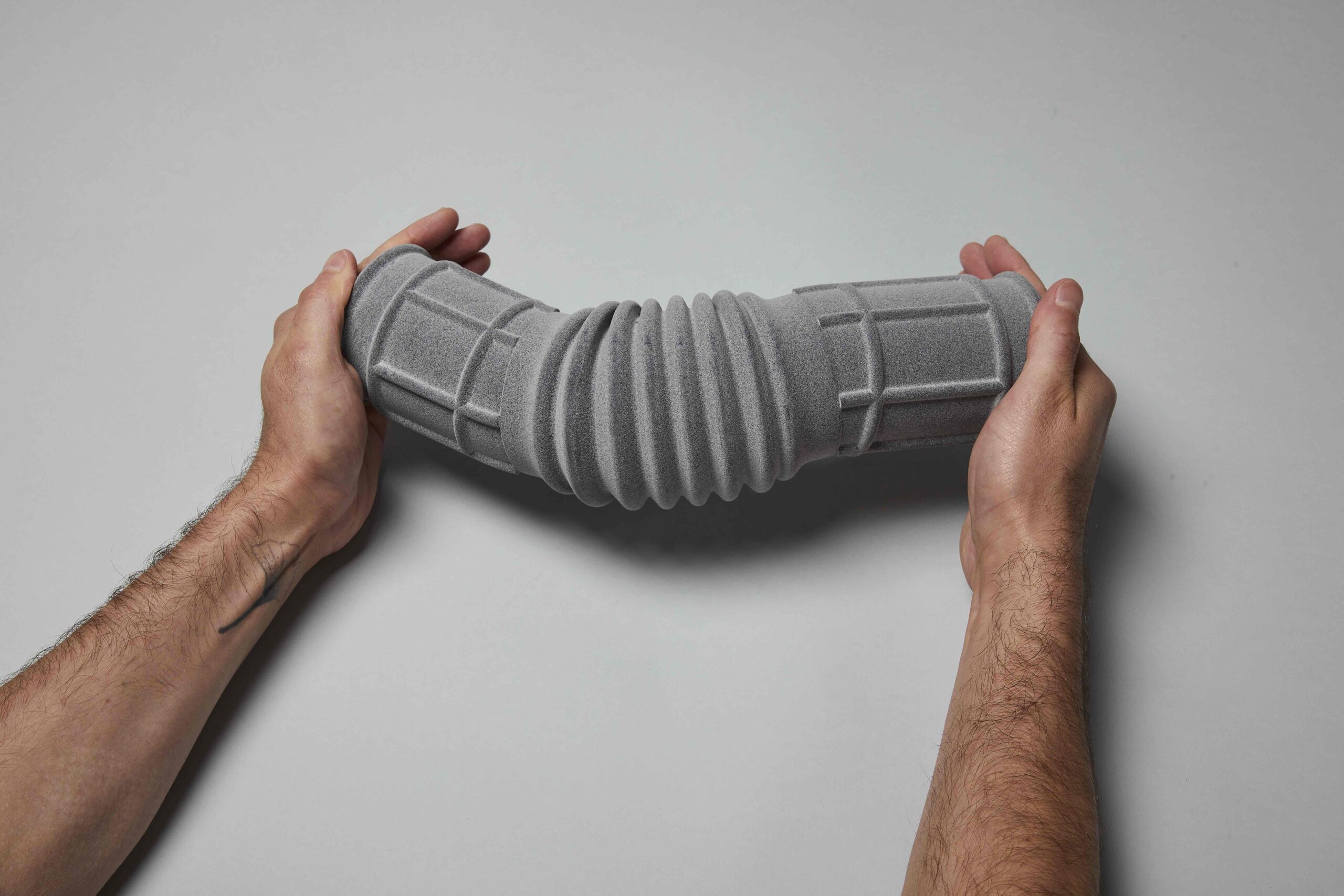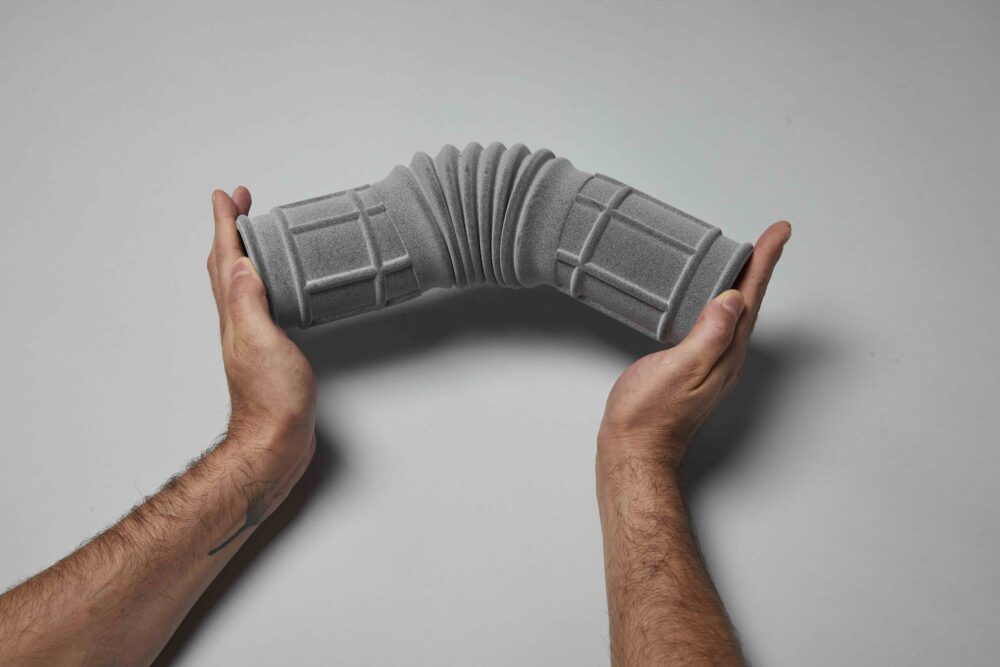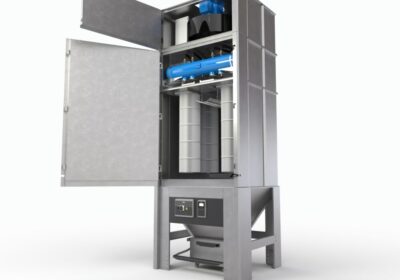3D People, a leading subcontract additive manufacturing (AM) bureau, has always been at the forefront of innovation. Recently, the company’s introduction of Ultrasint TPU01 (thermoplastic polyurethane) to its materials portfolio has not only expanded its capabilities but also reinforced a critical industry lesson — process control is the cornerstone of achieving consistent, high-quality parts in AM.
“The introduction of this AM-specific TPU material has been a game-changer for us,” explains Felix Manley, Co-Founder of 3D People. “We’ve seen an unprecedented level of interest from both new and existing customers. But what stood out in every conversation was the emphasis on one thing, quality. It became clear that no matter how innovative the material, its success hinges on repeatable process control.”
AM offers unparalleled design freedom, but this comes with its own challenges. Unlike traditional manufacturing, where processes are well-established and highly predictable, AM relies on an intricate balance of variables. Without strict process control, achieving consistent quality becomes almost impossible.
“Every layer matters in AM,” says Sasha Bruml, Co-Founder of 3D People. “From material preparation to machine settings, post-processing, and environmental factors, each step needs to be meticulously controlled. The introduction of TPU brought this into sharp focus for us. It’s a material that demands precision to ensure dimensional accuracy, flexibility, and surface finish.”
The adoption of TPU opened the floodgates to customer feedback, offering invaluable insights into what businesses truly value. According to Manley, “Customers told us that while cost and lead time are important, they’re secondary to quality. Reinforcing what we have long believed, this has caused us to us to continue to double down on our process control measures, ensuring that every TPU part (indeed every part full stop) we produce meets the highest standards.”
TPU is known for its unique properties — elasticity, durability, and resistance to abrasion. However, these benefits also make it one of the more challenging materials to work with in AM. Achieving consistent results requires precise control over factors such as temperature, print speed, and cooling rates.
To meet these demands, 3D People implemented advanced monitoring and calibration protocols across its production line. The company also leveraged customer feedback to refine its processes, ensuring that its TPU parts deliver exceptional performance in every application, from automotive components to consumer goods.
The surge of interest in TPU has highlighted the importance of aligning manufacturing practices with customer expectations. “Quality isn’t just a buzzword for our clients, it’s non-negotiable,” says Bruml. “Their feedback has been instrumental in helping us fine-tune our process control measures, ensuring that we’re not just meeting but exceeding their expectations.”
Manley adds, “What’s become clear is that process control isn’t just about internal efficiency, it’s about trust. When customers know they can rely on us for consistent quality, it strengthens the partnership and builds long-term loyalty.”

3D People’s commitment to process control isn’t limited to TPU. The company sees it as a fundamental pillar of its operations, ensuring consistent quality across its entire portfolio of materials and technologies.
“As the AM industry continues to mature, process control will separate the leaders from the rest,” concludes Bruml. “For us, it’s not just about keeping up with industry standards, it’s about setting them.”
By prioritising process control and leveraging customer insights, 3D People is setting a benchmark for quality in AM. Whether it’s TPU or any other material, the company is committed to delivering top quality parts that perform reliably, every single time.







